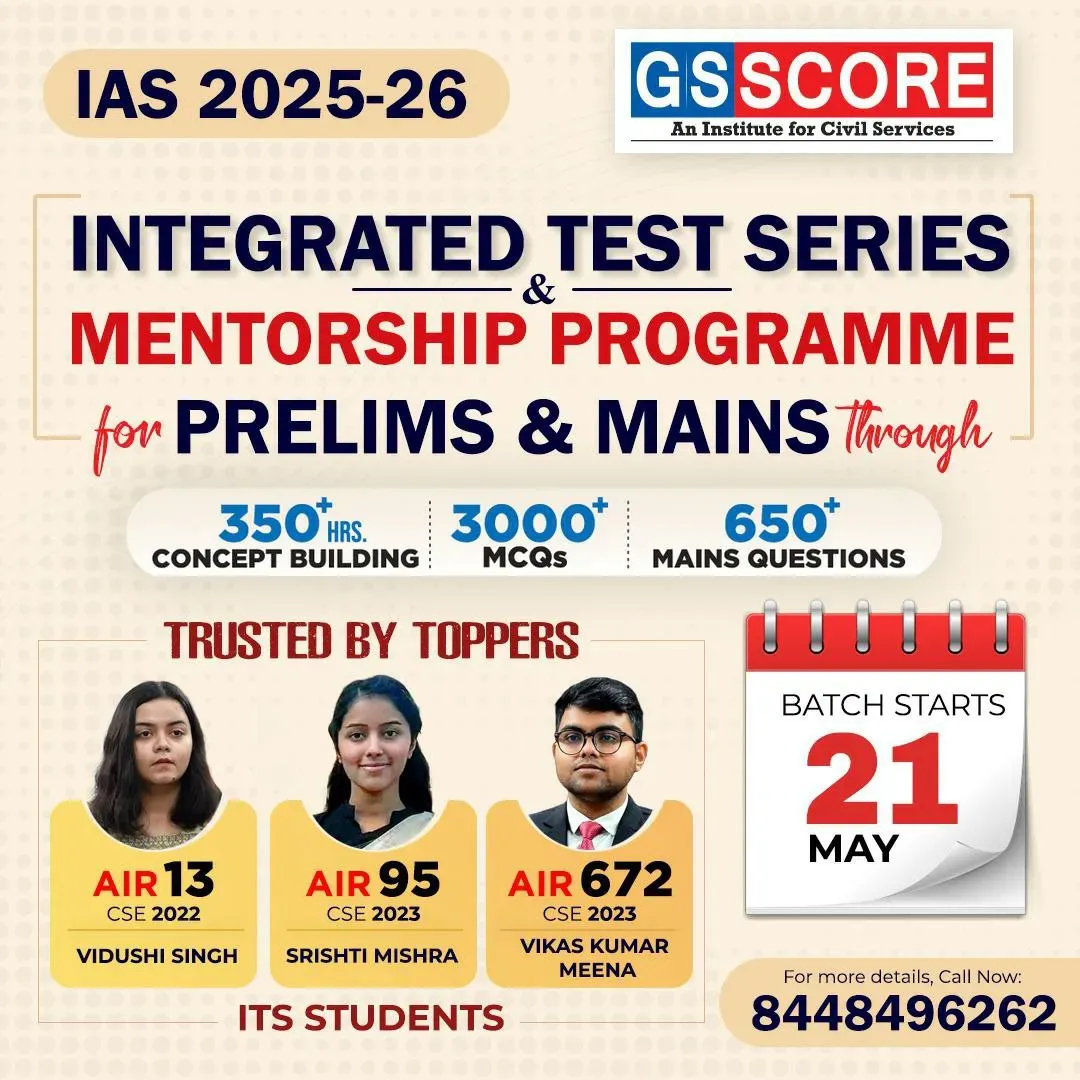

3rd May 2024 (3 Topics)
Context:
The issue of menstrual leave has gained prominence in India.
Progressive Changes in India and Asia
- Progressive Indian States: States like Kerala and Bihar have a history of recognizing the need for menstrual leave, with Kerala introducing menstrual and maternity leave for students above 18 in 2023.
- International Comparison: Several Asian countries, including Japan, Indonesia, and South Korea, have implemented menstrual leave policies, while India's progress in this regard remains limited.
- Global Initiatives: International organizations like the International Labour Organization and the World Health Organization have advocated for menstrual leave as a women's right, but India's recent Social Security Code does not include provisions for menstrual leave.
Greater Gender Sensitivity Needed:
- Supreme Court's Response: The Supreme Court of India declined to entertain a public interest litigation on menstrual leave, stating that it falls within the policy domain of the government.
- Addressing Gender Inequalities: Policy solutions addressing gender inequalities, including menstrual leave, are essential for promoting equity and challenging socio-cultural taboos.
- Impact on Women Laborers: Lack of menstrual leave can have adverse effects on women laborers' health and livelihoods, highlighting the need for legislative reforms to protect their rights.


Context
The discourse on India's foreign policy and its role in shaping the nation's development trajectory is highlighted in a recent commentary.
Vision for Viksit Bharat:
- Political Stability and Policy Continuity: Achieving the goal of Viksit Bharat requires political stability and continuity to implement long-term policy prescriptions.
- "Bharat First" Foreign Policy: India's foreign policy has shifted towards prioritizing national interests, promoting multi-vector diplomacy, and asserting relevance on the global stage.
- Importance of Manufacturing and Technology: Deepening national strengths, particularly in manufacturing and emerging technologies, is crucial for India's development, requiring strong international collaboration and effective diplomacy.
International Collaboration and Diplomacy:
- Strategic Autonomy and National Development: In a post-Covid world, nations are seeking strategic autonomy and self-reliance, emphasizing the significance of initiatives like "Make in India" for economic growth and national security.
- Global Engagement and Talent Mobility: India aims to become a global hub for research, design, and innovation, facilitated by international partnerships and mobility agreements to harness Indian skills and talent.
- Connectivity and Security: India's foreign policy also focuses on enhancing connectivity and political balances in a changing world, exemplified by initiatives like the IMEC corridor and engagement in multilateral forums like Quad and BRICS.


Context:
A potential crisis regarding the use of Standard Essential Patents (SEPs) by certain technology companies against India's telecom manufacturing sector has emerged, highlighting the complexities of policy regulation in this area.
Importance of Standard Essential Patents (SEPs):
- Role of SEPs in Industry Standards: SEPs cover technologies adopted as industry standards, ensuring interoperability among different brands of cellular phones.
- Privatized Standard Setting Organizations (SSOs): Standard setting processes, largely controlled by private technology companies, limit India's influence in setting standards and licensing SEPs.
- Patent Holdup Problem: SEP owners can demand excessive royalties, leading to anti-competitive practices and hindering market competition, despite the expectation of fair, reasonable, and non-discriminatory (FRAND) licensing.
Effect of Judicial Lethargy and Activism:
- Judicial Delay in Competition Law Issues: Indian judiciary's delayed response to investigating potentially abusive licensing practices of SEP owners, leading to prolonged litigation and absence of regulatory oversight.
- Interim Remedies by Delhi High Court: The Delhi High Court's granting of interim orders, such as requiring manufacturers to deposit money during trials, creates financial burdens and undermines defendants' rights.
- Negative Impact on Manufacturing Sector: Judicial activism and delays adversely affect government initiatives to attract investment in the manufacturing sector, hindering India's progress towards becoming a manufacturing hub.
Case of Europe and Need for Regulation:
- European Parliament's Regulation: The European Parliament has enacted measures to regulate SEPs, setting a precedent for addressing similar issues.
- India's Strong Case for Regulation: India, lacking influence in SEP selection but obligated to enforce patents of foreign technology companies, needs regulatory measures to safeguard its manufacturing sector's interests.




